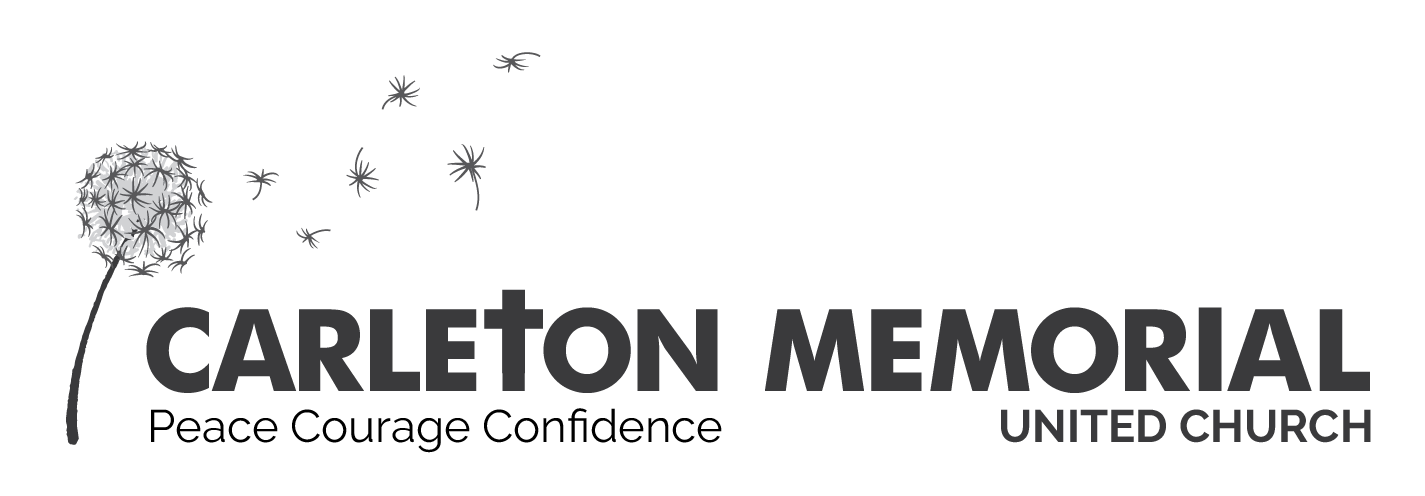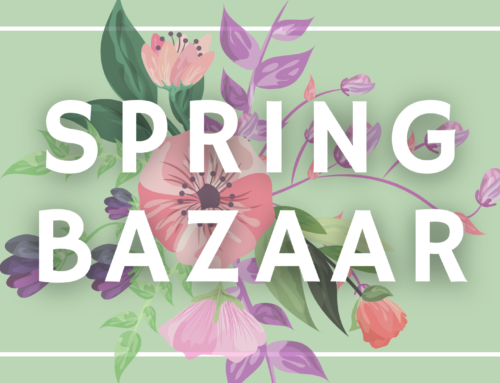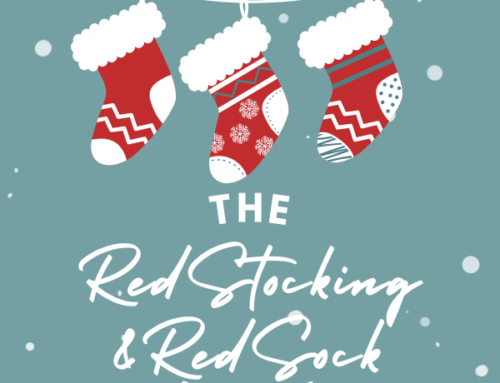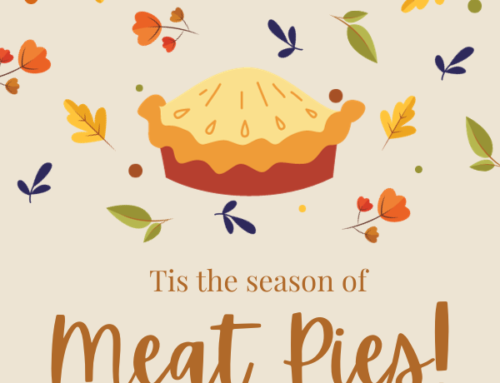Most times, when people see my family name, they ask: What kind of a name is that? My father is from Hungary.
And then the Q&A starts.
Did he come because of the revolution? No. They came after.
So how do you pronounce your name? Well we say “Lucas” like George Lucas, but the real pronunciation is something “Lu-kish” or “Lu-cash”, something like that.
Do you speak Hungarian?
No.
No.
(People are often surprised by that and I always feel an emotional twinge when that happens. I feel the part of me that’s missing. )
And your mother, what nationality is she? Italian. Well, she’s a Quebecer actually. Her parents came to Canada after the first world war.
So, do you… No, I don’t speak Italian either. It’s a long story.
That’s quite a mix. Yeah it is.
And it’s there that I usually fill in the blanks –
My Jewish-Hungarian grandfather narrowly escaped going to a concentration camp. He had converted to Christianity when he married my Grandmother which kept him safe for a time. My father and grandmother had already left Hungary to go to Austria when my grandfather escaped the work camp he was in. He caught up with them there, complete with gold hidden in some butter and diamonds sewn into the waist of his pants. (He bribed a doctor to remove his appendix and then planned his escape from the infirmary). From there they went to Paris for a year and a half and then from there to Ireland for four years. Then finally to Canada, where they came through St-Urbain street in Montreal and eventually settled in Snowden, a predominantly Jewish area of Montreal. My grandmother was not a well person (trauma from the war I am sure) and so we never saw them.
My Italian grandmother fled Little Italy in Montreal with my mother and my uncle in the 1940’s to go to Granby because my grandfather had become mafioso . It was a bold move, one that meant exile from the community. I never knew my grandfather, didn’t even know his name until recently. My mother lost her Italian as a girl because she was raised in French. My grandmother taught me to speak French too, not Italian. She died when I was six.
Both my parents grew up in a cultural no-man’s-land. Neither was really accepted completely anywhere.
Employment opportunities for a single Italian woman in Granby were severely limited in those days. They made ends meet by living off of the charity of the church and lived with the stigma that came with that. My mother eventually went back to Montreal on her own and my grandmother met up with her there after facing her own challenges from trauma. My uncle eventually returned to Granby. Trauma takes its toll on family. Suffice it to say that my Italian roots are not deep because of that.
In spite of being a banker in Hungary, My grandfather never did anything more than menial work for the rest of his days after having escaped the death squads of anti-Semitic Europe. My father actually had trouble dating in Canada; Too Jewish for non-Jewish girls, not Jewish enough for Jewish ones. To no avail, he would joke with girls that as a half-Jew he could date them every other week.
While “who you are” cannot be defined by others, where you are allowed to go and what you are allowed to do can be. The measure of a just society truly does rest in our ability to connect with the spiritual side of person. Their so-called culture may inform their world view. But our choices are informed by the basic human emotions and desires we all possess – the need to be loved and to love others.
So for all intents and purposes, I really only know my parents and my brother. That’s my family. It’s a longer story than that, but it’s too long, so we’ll leave it there for now.
I am a cultural orphan.
The lesson I have learned from having grown up with this identity is not earth shattering but it is a lesson that carries a fair bit of truth. Given the current social climate we live in, I feel called to share it and it is this:
EVERYBODY – and I mean everybody – given the chance has something to offer.
Every time I hear the debate around whether immigrants are “legal” or not I cringe. This red herring persists in our society because of prejudice and lack of political will. My grandparents on both sides spent most of the early parts of their lives without papers. The reason my family name is pronounced one way but spelled another is because my grandfather tried to sort out identity issues and the prejudice he faced without papers. In order to “fit” better, my grandfather changed his name socially, but not legally. I wonder how many people would want to “send him back” today because he “lied”. And where my Italian grandmother is concerned, I wonder how many people today would want to “send her back” because she was “cheating the system”.
Suffice it to say that I would not be who I am today had my grandparents not persevered. There’s an eeriness that comes with that realization – you can feel fragile.
For certain there will always be people who “jump the queue” and “cheat the system” – those kinds of people come in all shapes and sizes and come from all over the world. There will always be people who will commit violence and abuse others weaker than themselves. I do not condone that behavior, but I do not ascribe that behavior to their race or culture. As a “cultural orphan” I have had to learn from all kinds of people. Some have been nice to me, some have taken advantage of me. It had nothing to do with their race. It had everything to do with the essence of their humanity and the depth of their faith. Period.
My experience has been that there is beauty and there is ugliness everywhere.
What I find will be shaped more by what I look for rather than by where the other person has come from.
When I think about the precipice we seem to be sitting on in Canada, where “send-them-back-to-where-they-came-from” sentiments are on the rise, it makes me very sad. I don’t think I need to draw you a picture.
Suffice it to say that with the political will from all sides, the voices of division in this country could be extinguished in the blink of an eye. And I don’t think I am being naive. I think I am being faithful, hopeful and loving. (1 Corinthians 12 & 13)
Whatever corner of the political, social or religious part of our country you come from, please hear this: Our individual and collective lives are not meant to be political pawns used in some chess match to advance an agenda. They are, rather, the foundation upon which our existence rests.
I pray that we open our eyes to this reality, and that another perception does not take root instead. I invite you to join me in that prayer.
–Rev. Eric Lukacs












Connect with Carleton Memorial